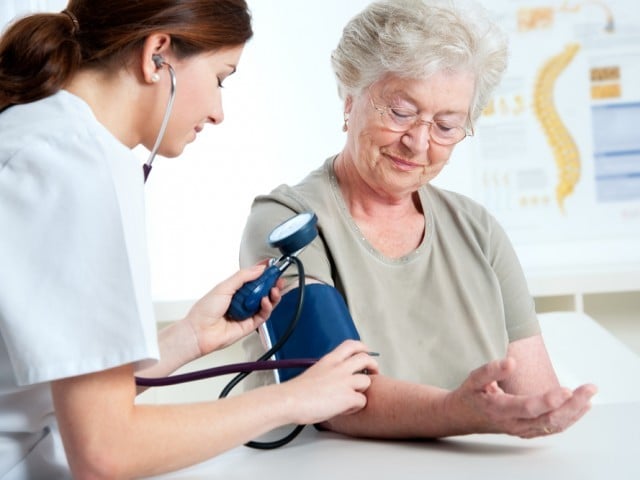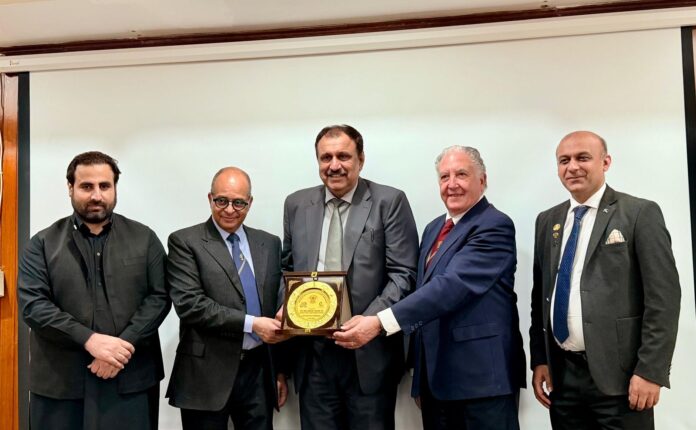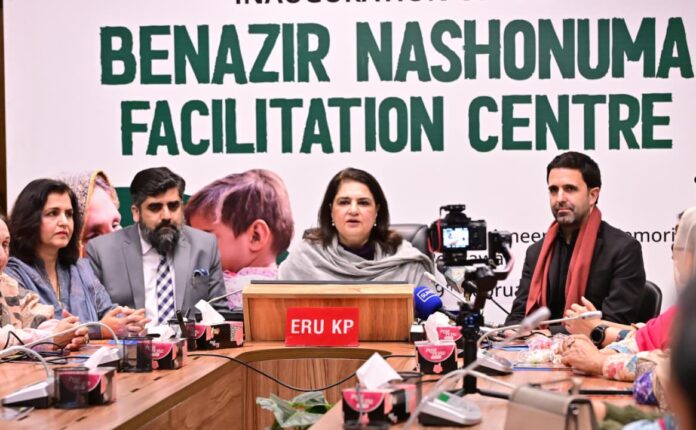Understanding the symptoms of high blood pressure in the elderly is important for early diagnosis and treatment. It can prevent diseases such as heart disease, stroke and kidney failure.
One of the problems with high blood pressure is that the symptoms are often not obvious. That is why it is sometimes called the silent killer. However, some symptoms may indicate high blood pressure, especially in older people.
Dizziness is a common symptom of high blood pressure, especially if it is severe or sudden. Another symptom that can be related to high blood pressure is dizziness or lightheadedness. The elderly may experience dizziness from time to time, especially when standing up quickly from a chair or lying position.
Blurred vision or spotting can be a symptom of high blood pressure in the elderly, as high blood pressure can damage the blood vessels in the eyes.
Shortness of breath is another symptom associated with high blood pressure. High blood pressure causes the accumulation of fluid in the lungs, making it difficult to breathe.
In addition, nasal congestion, fatigue and confusion, chest pain or feeling of pressure in the chest, and swelling in the legs, ankles, or feet are also some symptoms of high blood pressure.







